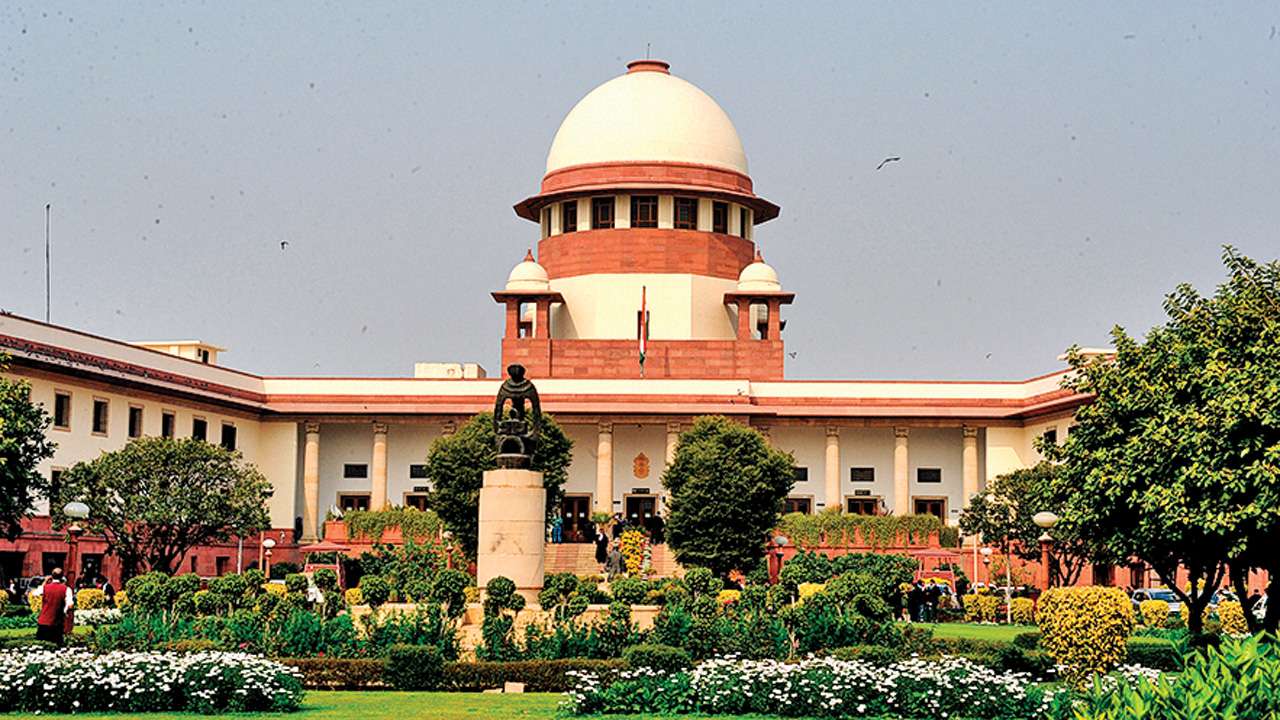
Earlier this month, on May 8, the Supreme Court of India in the case “Ssangyong v. NHAI” decided against enlarging the “public policy” challenge in arbitration awards, and emphasised on the sanctity of contracts. This is heartening and will pave the way for better enforcement of contracts with lesser legal obstacles in dispute resolution. The Supreme Court also referred to the highly unsatisfactory position of India regarding contract enforcement in India as it is lower than 160 in ranking in the ease of doing business index of the World Bank for contracts. In simple words, it sends the message to the world that India does not care much about the contracts.
This has to change for the better for the new government at the centre to consolidate its position and get the country in the fast lane of infrastructure development and getting different works done through numerous contracts with Indian and foreign businesses, investors and service providers. The role of the private sector –whether Indian or foreign – is crucial in getting the new government fulfill the promises and rise to the expectations and aspirations of the people of India. The Supreme Court’s verdict with many observations can be truly effective in making the road a bit easy for the government to get things done efficiently without wasting resources of time, effort and money in dispute resolution.
In the instant case, a contract was entered into between the Korean company Ssangyong and the NHAI in 2005 for construction of a four-lane bypass on NH 26 in Madhya Pradesh, however, disputes arose and the matter was referred to arbitration – resolution of a dispute by appointing arbitrator(s) by mutual consent who decide on the basis of the contract between the parties within the periphery of the law of the land, primarily the contract law and the arbitration law. Usually, the arbitrators are subject-matter experts. Interestingly, the law is dynamic in nature and amendments are made to make the law more effective by trying to tweak the existing law in the light of the problems and loopholes experienced.
One such amendment was made in the 1996 arbitration law in 2015, however, the date of enforcement of any amendment often creates issues of clarity, or rather lack of it, for on-going matters or even for matters which could be contested due to the changed law. The role of judiciary in making this transition – from old to new law – is immense. The transition is typically necessitated by legislative change, which again is mostly piloted by the government of the day. Thus, there is a very close relationship between the executive – the government – and the judiciary to make things work as aspired by the affected section of society and recommended by experts. The dispute between Ssangyong and NHAI had been pending for more than a decade and the same has been the case with so many other contractual disputes with arbitration clauses.
Legal wrangling had made it next to impossible to resolve these disputes by exhausting all legal possibilities. It is up to the government to make the dialogue between the parties amicable and somehow make it really attractive for the parties to settle the matter without doing through the complete legal process, at least in the cases where one of the parties is directly or indirectly under the control or some supervision of the government. For a dispute between two government parties – ministries, departments, public sector undertakings or any other instrumentalities of State – it is not at all acceptable that the parties use the method of arbitration or litigation to resolve disputes. It is criminal waste of national resources and loss of precious opportunities. Resolution must be through dialogue and negotiation only, and by no other means.
Can the country afford to squander invaluable resources in just resolving disputes? No way. The label of “delay and slow” affixed to judiciary in India has to be eventually removed, without bothering about the vested interests. Only ruthless enforcement of clear thinking with right intentions will bring in the desired results of making contracts truly enforceable in India and sending the message that the government is serious about consolidating the legislative changes and judicial pronouncements.
The author is a professor at IIM-A,
akagarwal@iima.ac.in